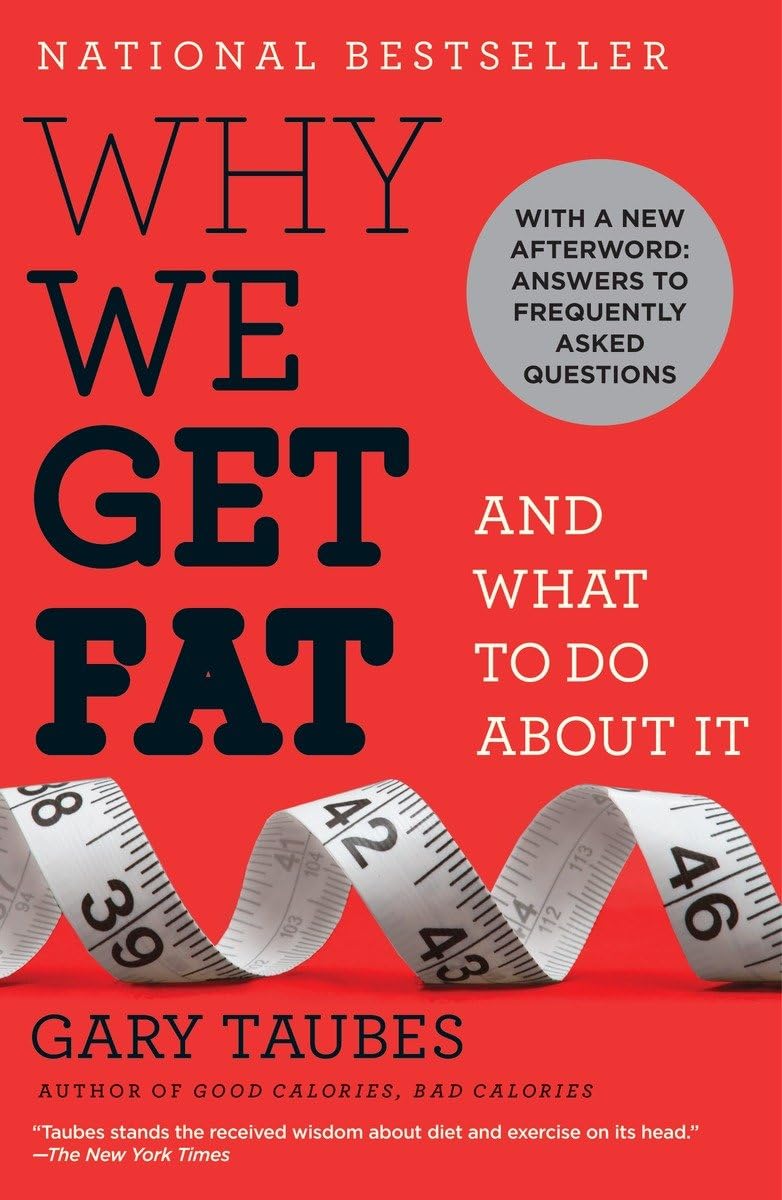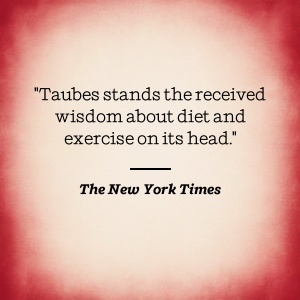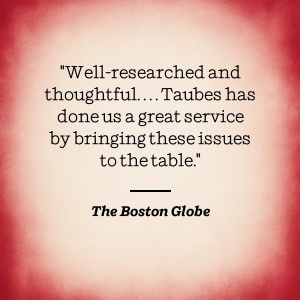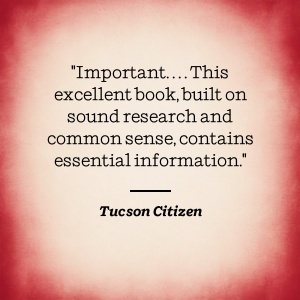Customer Services
Copyright © 2025 Desertcart Holdings Limited


Full description not available



J**G
Calories in Calories out...debunked? Most likely!
I am a physical trainer in NYC with 15 years experience. I voraciously read nutrition and exercise science journals and books. I recently read "Why We Get Fat" by Gary Taubes. It is a follow up (and somewhat of a clif notes version) to his tome "Good Calorie, Bad Calorie". The author is a science writer for the NYT, Discover and Science. He has an aerospace engineering masters from Stanford and Harvard and a journalism masters from Columbia. He is not a dietitian or doctor but he has a unique ability to read, understand and objectively explain scientific studies. In his books he does not attempt to "sell" a diet (however I'm sure he wants to sell lots of books) supplements, meal plans etc. He aims to take a skeptical look into why we believe what we have been told about nutrition. Most nutritional dogma stems from our government and/or pharmaceutical backed public health policies. His arguments are detailed (more so in "Good Calorie, Bad Calorie") and backed with a plethora of scientific evidence. The following lists some of the irrefutable scientific evidence that he presents :1- Just thinking about eating carbohydrates (Pasta, cake, rice, ice cream) raises your insulin levels and makes you hungry, or hungrier.2- Our hormones, enzymes and growth factors regulate ALL of our fat tissue.3- Most of the carbohydrates we eat in America were not around for 99.9% of the past 2.5 million years. Only in the last 30-40 years have these things, we call food, been in our diet.4- Men and women fatten differently (women are more predisposed to gaining fat) due mostly to our sex hormones.5- Fat is continuously flowing out of our fat cells and being used for fuel....and we preferentially store fat even when we are not eating more caloies than we are expending.6- Science is not clear what our ancestors, prior to the development of agriculture, ate.7- Current hunter-gather societies get most of their calories (on average about 85%), from animal protein and fat. However (Taubes does not talk about this) these societies walk on average 7-10 miles per day.8- Carbohydrate rich diets lower your HDL's (good cholesterol) which has a direct causation to heart disease and shorter life-spans.9- High insulin levels (blood sugar) are caused by carbohydrate intake which in turn causes your body to store fat.10- You will not store fat (of any significance) when your insulin levels are low even when you are eating fatty foods! In fact when your blood sugar is low you will liberate fat from your fat cells.Here are some things Taubes states that are controversial (however he supports his statements with lots of relevant research) and quite thought provoking:1- We do NOT get fat because we overeat. We overeat because we are getting fat. It is more than calories in, calories out.2- We do not need ANY carbohydrates in our diet (this is a tough one for me to believe, however he provides some good evidence).3- All exercise makes you hungry and you will replace ALL the calories your burned by eating more. (Obviously, I have some problems with this one too!)4- Atkins style diet (not the South Beach diet) will lower your risk for heart disease, most cancers, Alzheimer's and diabetes.5- Eat a diet that is about 3 to 1 ratio of fat to protein and a little carbs if you must.6- Restricting calories is not a good way to lose fat in the long term.I think this is a fascinating and accessible science book. I have read countless books on the subjects of exercise, diet, disease, and physiology. I believe, "Why We Get Fat" presents devastating arguments against the popular epidemiological studies that taught low-calorie and low-fat diets for health and weight loss. This book just might shift the pendulum (on its head) about what we know about diet, food and nutrition.Almost two years ago I drastically lowered my intake of animal protein (I kept eggs and cheese around because they are sooo good!) due to the bonbardment of evidence I was coming across about the dangers of meat (and the ethical concerns with the way we treat the animals we eat). So as a quasi vegetarian I am having a hard time making amends with this book and its seemingly strong arguments for a high fat, high protein low carb diet. I am not totally convinced, but the more I look into the evidence the more I am being swayed.
R**S
Taubes makes it about the science.
Every nutrition researcher from Mary Enig to T. Colin Campbell agrees that public nutrition information dispensed by organizations such as the USDA and WHO is faulty and misleading. Unfortunately, that seems to be the only thing these researchers agree upon. The nutrition advice they give individually varies wildly, and it's difficult figuring out who to listen to. Gary Taubes' voice speaks louder than all these researchers. His writing demonstrates scientific rigor, attention to detail, and unbiased scientific reporting that is lacking in other researchers'.Good Calories, Bad Calories (GCBC) was like an anthology of crucial nutrition research that's been tragically ignored over the last century. In 500 pages Taubes tackled public health issues such as the cholesterol hypothesis, chronic disease, and of course, obesity and its treatment. As a big fan of that book, I personally wish Tabues would write a 2,000 page followup to GCBC. I'd lap up every page, so compelling and informative is his writing.But this book, Why We Get Fat, was also a good choice for a follow-up to GCBC. It offers much of the same information that Taubes provided in GCBC, but its content is presented more simply and with less dense discussions of specific studies, researchers, and politics (although there is still plenty of all of that). Some of the content is directly lifted from GCBC, and some of the information is the same but presented in new and thought-provoking ways. Taubes' books can read like novels at times because of the way his passages make you think. Take this one: "The instructions that we're constantly being given to lose weight--eat less (decrease the calories we take in) and exercise more (increase the calories we expend)--are the very same things we'll do if our purpose is to make ourselves hungry, to build up an appetite, to eat more."Taubes pulls from a vast array of sources to arrive at his conclusion. While most nutrition writers are content to cherry pick select studies that support their argument (or, in Campbell's case, to cherry pick select data from one study to support his argument), Taubes looks at the issue of obesity from many angles, which makes his conclusions that much more compelling. His conclusions are: "overnutrition" and lack of exercise do not cause obesity; calorie restriction and increased energy expenditure are not cures for obesity; and that carbohydrates are the true cause of obesity and their restriction necessary for its defeat. At the end he gives a list of advice for anyone wishing to lose weight according to his hypothesis.Taubes is a researcher worth listening to. Could he be completely wrong? Yes, and he even admits it. He's calling for testing of his hypothesis, and his extensive research and skilled reporting makes it clear that the hypothesis is worth testing. Something particularly telling is the fact that there are prominent nutrition researchers who disagreed with the conclusions made in Taubes last book, GCBC, and yet none of these researchers have produced a comprehensive rebuttal. The point is that we need to rethink what we think we know about nutrition and public health, and Taubes' research and conclusions is a great starting point.Why We Get Fat is an easy read that suits everyone interested in proper nutrition and weight loss. Good Calories Bad Calories is the superior overall package (and I'm still hoping for that 2000 page sequel) but this book will serve the niche of people who want to get healthier but need to learn how using a book that's a bit easier to digest.
Trustpilot
3 weeks ago
2 weeks ago